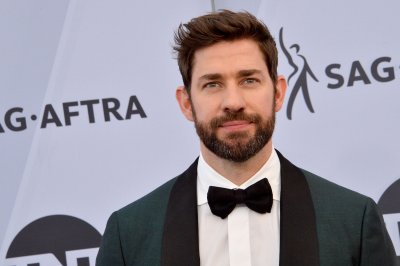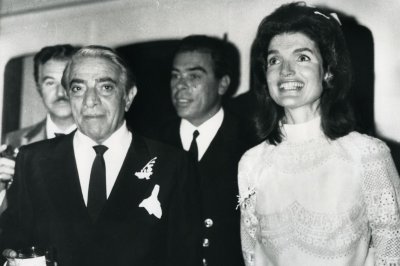Topic: John Dewey
Quotes
This order represents the continued demand for the company's existing product line of our man-portable 2kW MTG
Army orders more tactical generators Jan 12, 2009
Everyone here at Dewey Electronics is proud of this simple, reliable and portable generator. The same goes for our performance under the contract and we are gratified by the continued issue of delivery orders from (the Pentagon) and Program Manager Mobile Electric Power. Dewey continues to support the portable power needs of the warfighter in all branches of the (Defense Department) and looks forward to the manufacture and delivery of these units
Pentagon awards contract for portable generators Sep 29, 2010
This order is evidence that the (Department of Defense's) demand for our reliable and small diesel generators remains strong
Army orders more tactical generators May 23, 2011
This is an exciting project where we continue to leverage our experience with highly reliable, rugged, power management and generation systems, military grade electronics controls, and advanced alternative energy technologies
Award given for fuel cell integration Mar 15, 2011
John Dewey (October 20, 1859 – June 1, 1952) was an American philosopher, psychologist and educational reformer whose ideas have been influential in education and social reform. Dewey was an important early developer of the philosophy of pragmatism and one of the founders of functional psychology. He was a major representative of the progressive and progressive populist philosophies of schooling during the first half of the 20th century in the USA.
Although Dewey is known best for his publications concerning education, he also wrote about many other topics, including experience, nature, art, logic, inquiry, democracy, and ethics.
In his advocacy of democracy, Dewey considered two fundamental elements—schools and civil society—as being major topics needing attention and reconstruction to encourage experimental intelligence and plurality. Dewey asserted that complete democracy was to be obtained not just by extending voting rights but also by ensuring that there exists a fully formed public opinion, accomplished by effective communication among citizens, experts, and politicians, with the latter being accountable for the policies they adopt.
It uses material from the Wikipedia article "John Dewey."








